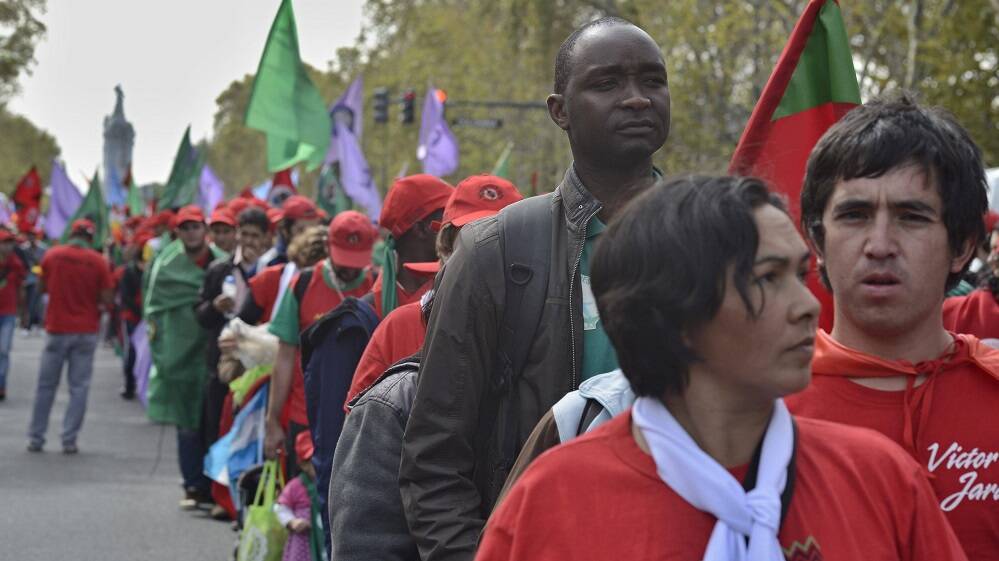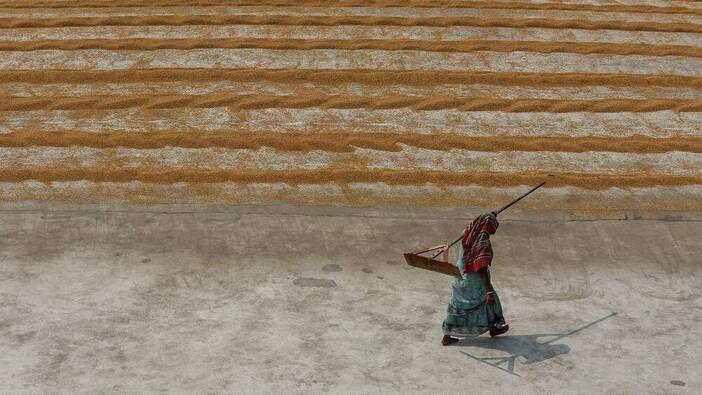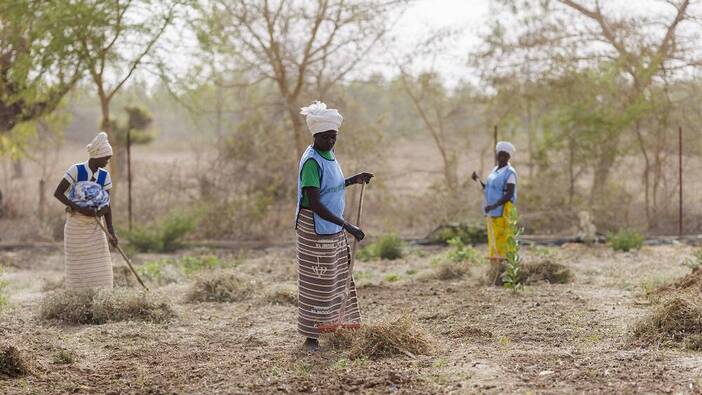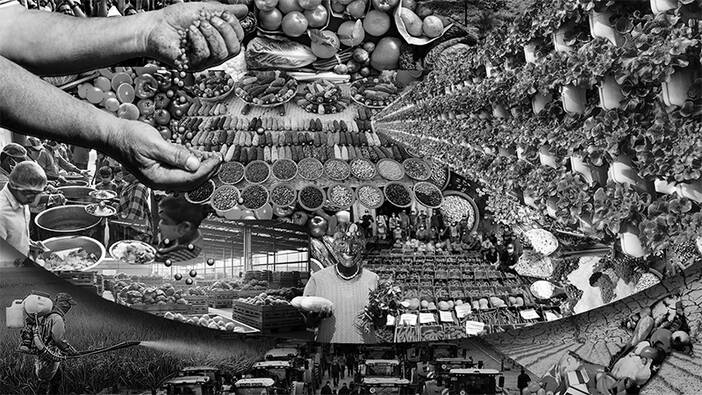Seeds of Sovereignty: Contesting the Politics of Food
A dossier from the Rosa Luxemburg Foundation and Alameda

We all need to eat to live, but, curiously, the question about how to ensure that a steady supply of quality affordable food arrives at our tables is often removed from strategic debates. Food seems secondary to the major political questions of our time, or its discussion is confined to particular audiences.
Today, ecological collapse and world-economic disintegration appear as threats on the horizon, even as their concrete effects are being felt across the world. This dossier, the product of collaboration between the Rosa Luxemburg Foundation and Alameda, makes the case that food production and distribution are indeed of strategic importance to addressing the polycrisis that shapes the world we live in.
To address the polycrisis as a strategic problem, the dossier centres on interlinked questions of how to organize, how to support organizing, and how to build alternatives that practically transform food systems. At the core of the dossier lays the argument that this can only be done by shifting our thinking about food crisis from the concept of food security, based on the question of availability of food, which in effect normalizes crisis, to the concept of food sovereignty.
This dossier brings together leading experts and thinkers on the food crisis such as Jennifer Clapp and Raj Patel, in dialogue with practitioners and activists like Million Belay of the Alliance for Food Sovereignty in Africa, which is directly involved in the struggle to create just and sustainable systems of food production and distribution. The dossier presents the food crisis as global in scope. As argued by Sabrina Fernandes, this requires a renewal of internationalism, connecting local efforts to organize for food sovereignty (by, for example, farmworker unions in South Africa) to questions of global strategy. The contributions of Schluwa Sama and Ansar Jasim on the role of empire in Iraq and of Ranja Sengupta on international trade address the latter directly.
The dossier takes a broad approach that addresses the interconnectedness of current crises. We hope it can contribute to a sustained strategic dialogue around food that supports organizing for alternate futures.
Benjamin Fogel, Alameda Institute and Jan Urhahn, Rosa Luxemburg Foundation



